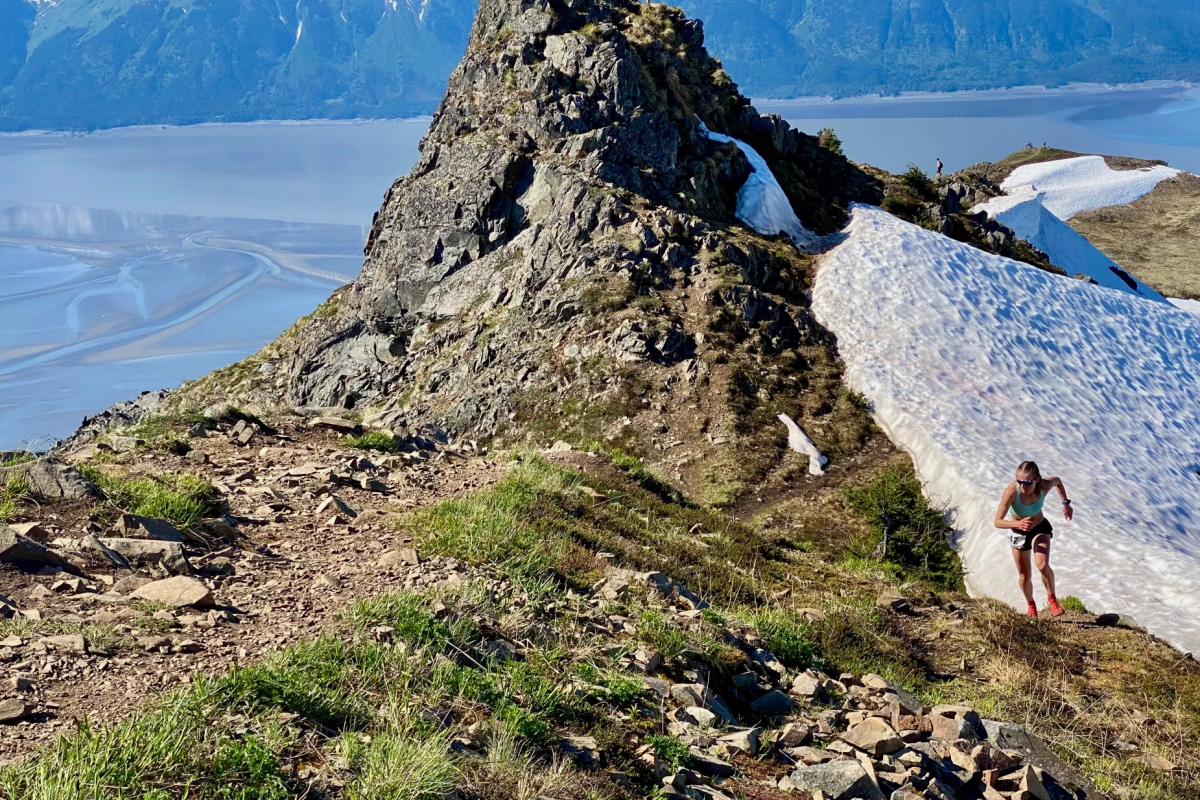If Len Valjas’s skiing was any indication, the Canadians sure were getting impatient for some podium finishes.
Valjas was so quick off the line in the final of Tuesday’s skate sprint in Switzerland that he seemed to have false-started. But the officials let the heat continue, allowing the lanky Canuck to control the first part of the race and leaving him well-positioned to capitalize on a crash by hometown favorite Dario Cologna.
After 12 races this winter for the Canadian squad, it was the 24-year-old Valjas who broke through in the Swiss twilight in Val Mustair, capturing third place behind Norwegian winner Finn Hagen Krogh, and second-placed Federico Pellegrino of Italy.
His start, Valjas acknowledged, was “close.”
“But I guess it was fine,” he said. “The timing was just right.”
Tuesday’s race brought other auspicious signs for the Canadians beyond Valjas’s result.
Alex Harvey cracked the semifinals, and moved to fourth in the overall standings.
And Devon Kershaw, whose dismal start to the season has been perhaps the team’s most confounding problem, saw some “slivers of possibility” in his own 15th-place finish—his best result of the season.
“Warming up for the quarterfinal I felt, finally, for one of the handful of times, not bad in the legs,” he said after the race. “In the heat, it was the best I felt all year.”
But in spite of the World Championships gold medals on the résumés of Harvey and Kershaw, it was Valjas who delivered on Tuesday.
The Toronto native has been on the rebound over the past few weeks from a broken hand that he suffered tossing a football just before the start of the season, which put him in a cast for his first few races.
The hand was still taped on Tuesday, he said, but the cast is gone.
“That’s nice, just not having to think about that, every time the pole hits the ground, and the pain that goes along with it,” he said. “I can worry about the pain of the rest of my body—not just my hand now.”
For his first two heats, Valjas had skied at the back of the pack, waiting until the close of the race to make a big move.
The strategy had been working for him, but barely; he only escaped his semifinal as a lucky loser after a Herculean effort on the homestretch.
In the finals, Valjas said that he’d anticipated using similar tactics. But after what Canadian Head Coach Justin Wadsworth called a “really amazing start,” Valjas said his plans were “totally out the window.”
Instead of sitting at the back, Valjas was left at the helm of a pack that included wily sprint veterans like Cologna and Sweden’s Emil Jönnson. Valjas said he was trying to ski at a cool, conservative pace, but without letting anyone by him.
“There’s a couple things in life Len gets pumped about—they all reside on the island of Maui. Mostly waves and surfing things,” Kershaw said. “He has the calmest head you’ll ever see, and that’s what helped him today.”
Valjas couldn’t hold on when Krogh and Pellegrino put in their race-winning move, but he still was within striking distance of Cologna when the Swiss skier got himself into trouble on one of the course’s last rises.
Tuesday was the first-ever opportunity for Cologna, the defending Tour de Ski champion, to capture a World Cup race in his own hometown: he was born just eight kilometers away from the course, and his parents live a third of a mile from the stadium.
Cologna was taking the race so seriously that he had spent the past two nights an hour and a half away from the venue in his own apartment in Davos, to avoid distractions, according to the Swiss newspaper Neue Zürcher Zeitung.
After qualifying in second place and advancing through to the finals, he appeared to be primed to take third place behind Krogh and Pellegrino, with a Cologna cheering section pushing him towards the finish.
But rather than an exciting finale, the fans had to settle for watching the Swiss star stumble, with Valjas zooming by to capture the last spot on the podium.
“I’m not sure if he kicked a v-board or somebody’s pole, but he just went down on his face,” Valjas said. “I went around him.”
The Swiss camp downplayed the fall, with the team’s head coach, Guri Hetland, telling NZZ that “Dario now has fewer awards and interviews to endure.”
Valjas, however, didn’t seem to mind the attention.
He’s now placed 14th in the overall Tour, and is planning to finish all seven stages—which he’d been uncertain about at the start of the race. Tuesday’s result, Valjas added, validated the team’s decision to bring him along on the Canadians’ massive coach bus along with Kershaw, Harvey, and Ivan Babikov
“There’s only one sprint, so I kind of wanted to prove to myself, mostly, that it was a good choice to bring me on the Tour,” he said.
Now, he’s got the best result of the bus’s entire cargo.
— Alex Matthews contributed reporting.
Nathaniel Herz
Nat Herz is an Alaska-based journalist who moonlights for FasterSkier as an occasional reporter and podcast host. He was FasterSkier's full-time reporter in 2010 and 2011.



